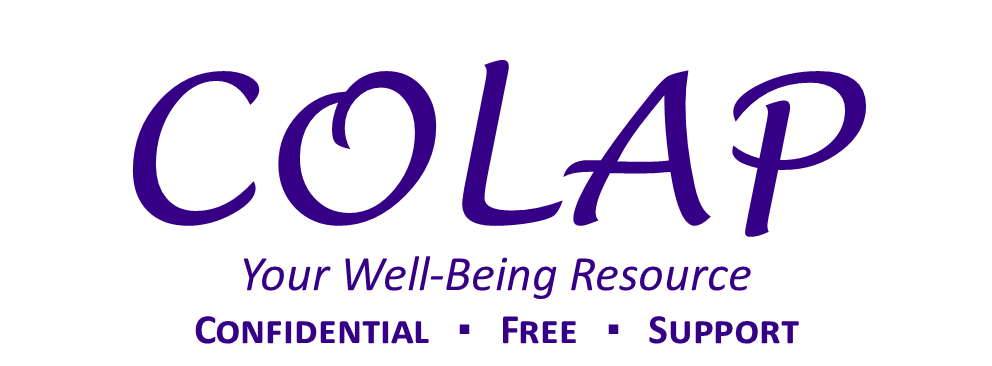Do You Have Decision Fatigue?

Colorado Lawyer Assistance Program
2490 West 26th Avenue
Denver, CO 80211
303-986-3345
www.coloradolap.org
“We are free to choose our paths, but we can’t choose the consequences that come from them.” ~Sean Convey
As Americans, we equate freedom with choice. The problem, as Barry Schwartz discusses in his book “The Paradox of Choice,” is that having too many choices throughout the day can cause “analysis paralysis,” anxiety, and depression. How many decisions do you make in a day? Decision making, for a judge and magistrate, is an occupational hazard. Just on the way to work, you probably make hundreds of small decisions before you arrive at your destination. You will make thousands more while shopping, at work, at home, with health care or retirement options. Imagine walking into a grocery store: you are bombarded with choices to make; have you noticed just how large the cereal aisle is? Let alone the decisions you make on the bench; decisions that impact people’s lives in drastic ways.
Because of the way the brain and body operate, every time you make a decision, your attention is needed and your energy drains a little bit. In addition, with so many options to choose from in daily life (some big, some small), the analyzing areas of the brain will light up because you might run the risk of making the “wrong” decision. Some people agonize over whether they chose correctly, which then produces anxiety even after choices are made because they assume that they didn’t make the best choice; a combination of “keeping up with the Joneses” and “the grass is greener on the other side.”
For example, while you are doing one thing, such as working, are you thinking about other things you could be doing, like playing golf or spending time with your family? While you are with your family, are you thinking about what you “should” be doing for work? Or do you compare yourself to others and assume they have it better than you because of their decisions? Or, alternatively, do you feel exhausted at the end of the day and couldn’t make another decision if your life depended on it? Sometimes this leads to going home cranky rather than ready to relax and enjoy your evening.
One way to minimize decision fatigue is to simplify your life: make to-do lists and stick to them throughout the day; eat the same breakfast every morning; write out a list of options and do a pros and cons list to simplify decision making; create a routine when you come into the office or go home; choose what show you want to watch before you turn on the TV so you don’t channel surf for an hour; limit the time you are looking at and responding to texts/emails/phone calls, etc. Another way to minimize decision fatigue is to focus on the present moment rather than thinking about the past or future. Perseverating on what has happened, or being anxious about what could happen, drains a tremendous amount of mental and physical energy. Take a deep breath, and pay attention to what is in front of you one moment at a time.
We all live in a world with many choices, and that isn’t always a good thing. If you can limit the amount of decisions you make in a day, you can reduce anxiety, depression and “analysis paralysis.” Start by creating a list of ways you could simplify your life. Choose one and put it into action today. Notice how making small lifestyle changes can help your stress management and improve your self-care!
By Sarah Myers, JD, LMFT, LAC Executive Director, Colorado Lawyer Assistance Program © Colorado Lawyer Assistance Program, 2020
The Colorado Lawyer Assistance Program (COLAP), your free, confidential and independent well-being program for Colorado judicial officers, is available at www.coloradolap.org or by calling 303-986-3345. If you or a colleague are in need of confidential support, referrals, direction on how to resolve personal or professional stressors, or are interested in a free well-being consultation, please contact COLAP directly for assistance